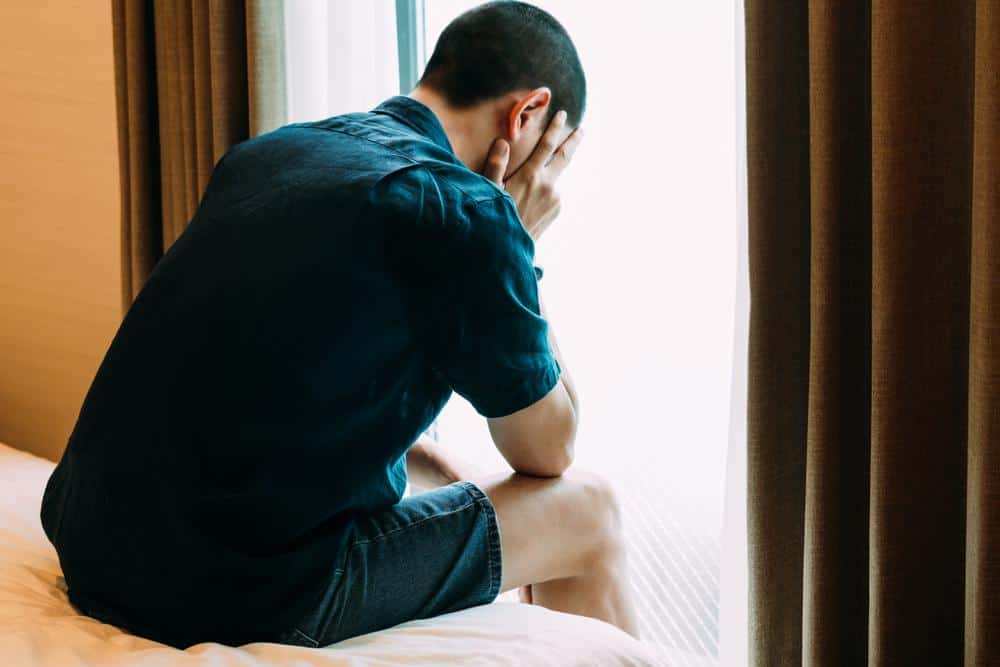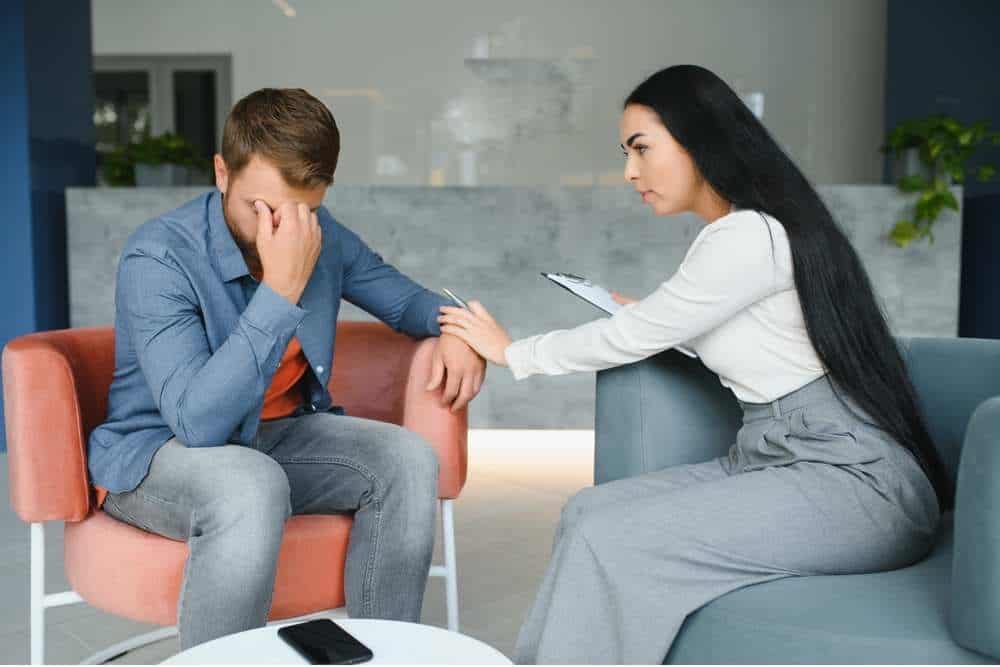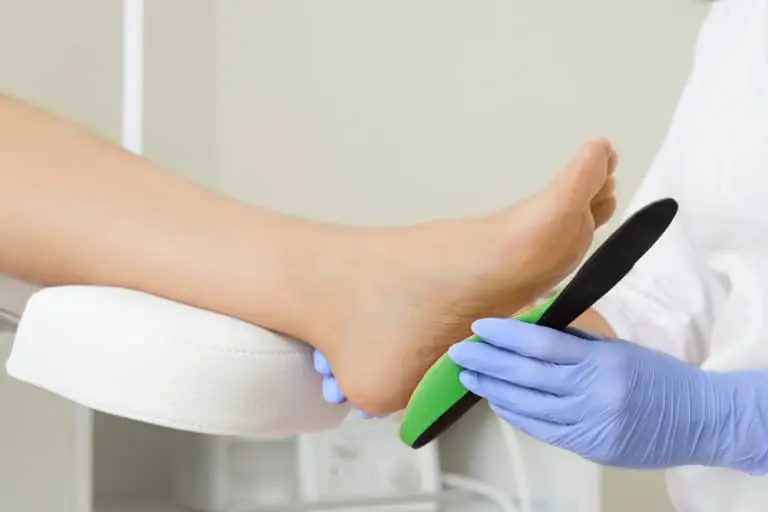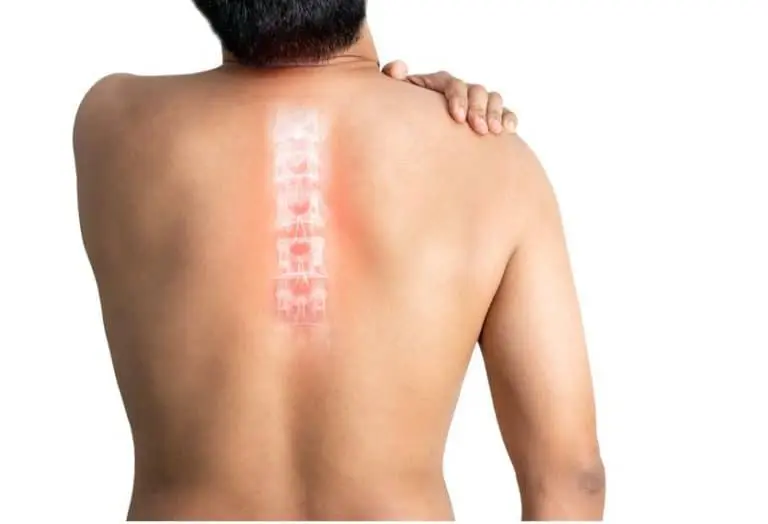Getting into a car accident can be an incredibly traumatic experience. Whether or not you suffered any physical injuries, you can still experience shock and other negative effects on your mental health. If you have been in a car accident for the first time, suffered a serious car accident injury, or witnessed a fatality caused by a traffic accident, you could develop anxiety, depression, or other mental health conditions afterward. It is also possible to suffer from post-traumatic stress disorder, or PTSD, after a car accident. While many people associate PTSD with those who fight in the military, it is also possible for non-veterans to experience PTSD. If you experience the signs and symptoms of PTSD, talk to your trusted ProCare doctor and learn how you can overcome PTSD after an accident.
Can An Accident Like a Car Crash Cause PTSD?
Yes, it is possible to develop PTSD after a car accident. Post-traumatic stress disorder can develop after someone experiences any kind of traumatic event where injury or death could have occurred or did, in fact, occur. People who get PTSD after a car accident may feel as if they are in a constant state of fight-or-flight response, like danger is lurking around every corner. This can result in increased levels of stress, anxiety, and fear even during daily routines and activities. Anyone can experience PTSD regardless of age or whether they suffered any physical injuries. When PTSD symptoms begin to impact your everyday life, it’s important to get the help you need so you can return to your normal activities.
Signs & Symptoms of PTSD
PTSD can manifest in many different ways, though the person suffering from PTSD typically experiences heightened anxiety, fear, and distress. If you suffer from PTSD after a car accident, you may experience flashbacks or nightmares that cause you to relive the terrible incident. You could experience heightened mental or physical distress whenever you think about or remember the car accident. PTSD could also cause you to avoid people, places, or situations that remind you of the event. This might look like avoiding getting behind the wheel of a car again or avoiding the area where the crash occurred. People who suffer from PTSD may also have trouble concentrating and experience irritability, exaggerated startle responses, and bouts of anger. Some people with PTSD even experience panic attacks, which can cause lightheadedness, dizziness, a racing heart, and headaches.
5 Ways You Can Overcome PTSD Following an Accident

When most people think of car accident doctors, they think of physical injuries. But it is just as important that you get the care and attention you need for any effects on your mental health, too. Unlike physical injuries, it can be easier to ignore the signs and symptoms of emotional injuries. You might think you need to “get over it” or that the feelings will go away on their own. However, it’s important that you take care of yourself both physically and mentally, especially when you are dealing with a condition like PTSD after a car accident. Here are five ways you can overcome PTSD following an accident.
Learn to Recognize the Signs of PTSD
The more you learn about PTSD, the more it can help you recognize the signs and symptoms in yourself and others. Instead of just thinking of PTSD as a mental health condition for military members, it can help you feel not so alone when you realize others who have suffered a traumatic event like a car accident can also experience PTSD. Signs of PTSD after a car accident can include avoidance and hyperarousal. Avoidance can look like not spending time with others or avoiding anything to do with cars. Hyperarousal refers to exaggerated reactions to everyday events, like startling easily or responding irrationally out of character to a common occurrence.
Acknowledge How You Feel after an Accident
After a car accident, you will likely think about how you are feeling physically from head to toe. But what about how you feel emotionally? What might just seem like stress at the moment might not go away even when you expect it to. In fact, you might notice an increase in mood changes in the hours and days following the accident. It can take time for the reality of the experience to set in, and you might find yourself feeling more anxious, stressed, or depressed afterward. It is important to acknowledge these feelings and try not to push them down or expect them to go away on their own. When you acknowledge how you feel, it can help take the power away from that emotion that was controlling you and help you feel more in control of yourself.
Practice Self-Care after the Accident
It is so important to practice self-care after getting into a car accident. Self-care can look different for everyone, including a long bubble bath to relax after a stressful experience or talking to a loved one about the traumatic event. You can also practice self-care throughout your day with attention to little things, like eating a healthy diet and getting enough rest. Making time for exercise and a chance to get outside and enjoy the fresh air can go a long way toward helping you reduce stress and anxiety. When coping with PTSD, self-care after a car accident can also look like not pushing yourself into situations that will increase your stress and anxiety before you are ready. Instead, focus on the little things, like mindful breathing, muscle relaxation, and getting enough sleep.
Find Your Support Group
A support group can provide you with a safe space to process your feelings around the traumatic event. People with PTSD find that talking with others who have similar experiences can help them feel not so alone. Whether you visit a support group specifically for people with PTSD or gather with trusted friends and family, it’s important to surround yourself with people who will respect how you are feeling and also help you work through any challenges you may have in getting back to your regular routines.
Seek Medical Help for PTSD
Talk to your trusted doctor about any signs or symptoms of PTSD you may be experiencing after a car accident. It helps to talk with a car accident doctor or medical professional who knows you personally so you feel comfortable sharing how the car accident has affected you. Your car accident doctor should be kind and understanding to all patients, especially those who wish to seek medical help for PTSD. Post-traumatic stress disorder can impact your mental and physical health, so it can be incredibly beneficial to have a team of specialists, chiropractors, and counselors who work together to provide you with comprehensive care.
Managing & Recovering from PTSD: We’re Here to Help
If you recognize the signs and symptoms of PTSD in yourself or someone else, our team at ProCare is here to help. Our car accident doctors and chiropractors help car accident victims recover from all types of injuries, including PTSD. We will provide you with connections and support through trauma counselors, chiropractic care, and other holistic approaches to helping you recover from a car accident. At ProCare Medical Centers, our teams can recognize the signs and symptoms of PTSD and other car accident injuries and will help get you on the path to recovery as soon as possible.



